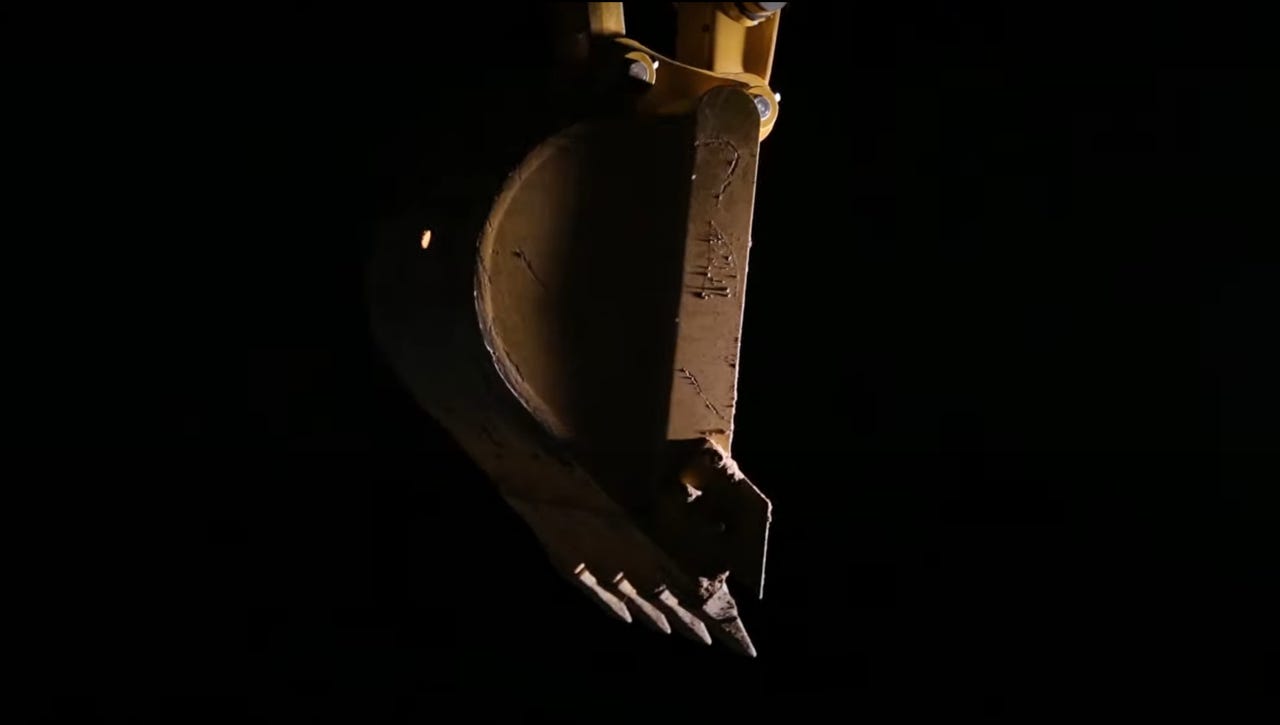
Okay, I admit it, I never outgrew the Tonka toys and the sandbox. With the dawning of a new age of construction robots, that fascination has merely transferred to the high-tech descendants of those big yellow construction machines.
For example, I could watch this robot excavator dig all day.
The truth is, you’re going to be watching a lot of robots at work soon. That’s because the construction industry is facing an unprecedented transformation as workers retire and competition heats up for more efficient building processes. While you may not be a construction worker, you should pay close attention, as this sector is a bellwether for the quickening march of automation.
Also: Robots have rushed to fill jobs people don’t want. What happens if recession hits?
To put some numbers behind that, the market for construction robots is growing at a compound annual growth rate (CAGR) of 14%, according to a new outlook by Straights Research, and is set to more than triple in size by 2030. Demand is driven in part by safety concerns and rising labor costs and in part by population trends and urbanization. The World Bank has estimated that seven out of 10 people worldwide will live in cities by 2050, capping a century of migration away from rural areas and toward dense urban centers. Demand for housing has driven prices sky-high and will continue to prompt a bonanza in new building.
Enter the robots. Amid a proliferation of project management-abetting drones and robotic grid line drawing, rebar setting, and scaffolding constructing concepts, there’s also an emerging market for big machinery that operates without a human sitting in the driver’s seat.
Cue the future of excavation, which is remotely operated and automated. Complex machinery, like excavators, requires trained professionals to get the job done in a safe, timely manner.
While excavators speed up the work, traditional models raise safety concerns and have unintuitive controls that must be operated manually within the vehicle. In a tight labor market, and with rising building demands, that poses a problem for construction firms.
Also: Yes, robots have taken over (So why don’t we care?)
SRI International, a nonprofit research institute, is behind a new digger concept. The group has led the discovery and design of robotic technologies for more than 75 years, including the Siri voice assistant‘s earliest beginnings and Yamaha’s robotic biker. SRI researchers recently developed a smart excavator that can be operated remotely and comes with an augmented reality system, which is designed to make the process secure, more convenient, and as easy as playing a video game.
Think of the Nintendo Wii. This control takes a couple of minutes to master. With this upgrade, the operator doesn’t need to be in the driver’s seat and can even operate the machinery from anywhere around the world.
“We call it the ‘robotification kit,'” Reuben Brewer, senior robotics engineer at SRI International, last month told Equipment World, a trade industry publication.
Also: Highly skilled tech workers are becoming rare, and companies have tough decisions to make
That’s an apt description, as SRI is essentially providing an autonomous or remote controllable overlay to a diesel-powered hydraulic excavator. It’s a smart strategy given the capital investment construction firms may already have in their machinery. Companies like Electric Sheep are doing the same thing with landscaping-grade lawnmowers.
“We’ve got electric motors that we put on the excavator that actually move the levers and the pedal just like a human moves them,” Brewer said. “We’ve got computers and sensors that you bolt on to it. And then essentially, that connects it to the internet. So now, it’s not just an excavator, it’s basically just a robot arm that happens to be an excavator.”
All of which gets back to the sheer delight of watching a big, honkin’ machine dig a hole. If you’ve got a minute, give it a watch. If there’s a sandbox nearby, even better.




